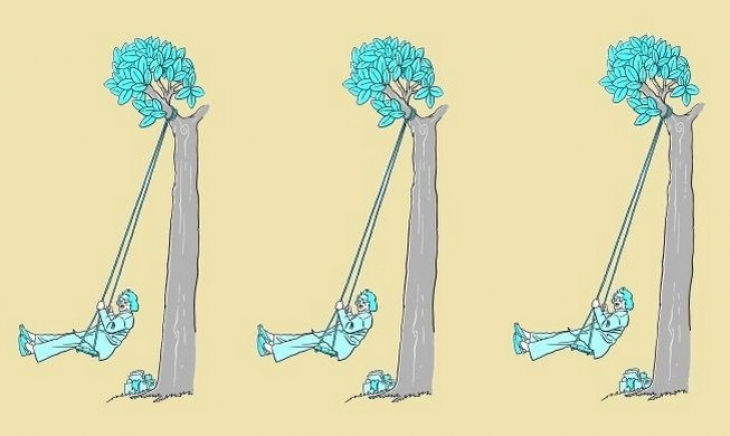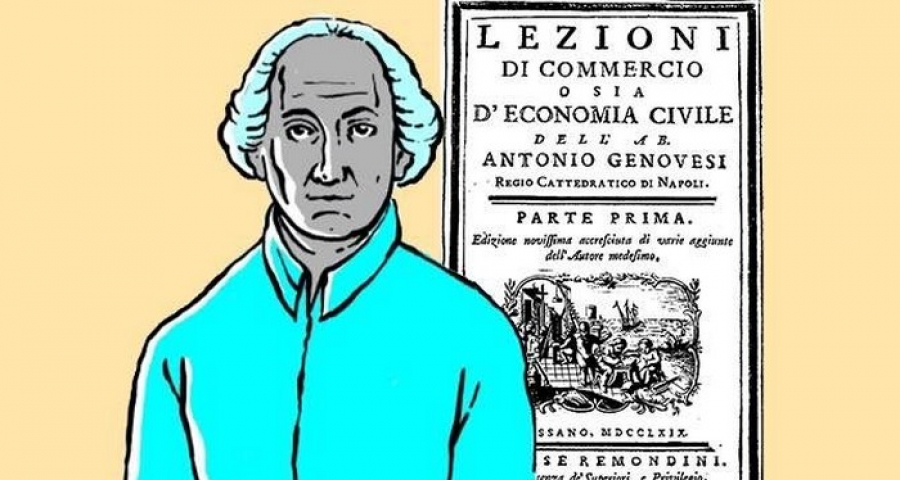Honest and civilised entrepreneurs are suffering today because they are mistaken for speculators, as too many entrepreneurs have, sometimes unwillingly, turned into speculators, devoured by the passive income syndrome. It is time to start seeing it, and calling it out.
by Luigino Bruni
published in Il Messaggero di Sant'Antonio on 04/01/2024
The economy has always been the result of a tension, or conflict, between profits (active income - the tr.) and passive income, i.e. between those who have to produce new income in the present time in order to earn, and those who earn today from the wealth accumulated yesterday and by past generations. Entrepreneurs live on profits, speculators on passive income. The radical criticism of usury that we find in the Bible and the Gospel (of Luke) has its root in a deep aversion to passive income. In an essentially static world as the ancient one was, usury is in fact a form of passive income, i.e. an income that arises from the mere fact of holding power over a fundamental medium (money). There is no work behind usury, only power and privilege. The criticism of usury went through the entire Middle Ages and the Counter-Reformation, because it was linked to the Church's criticism of passive income, even though the ecclesiastics themselves were part of the profiting class; one of the many contradictions of history, and also one of the reasons for the Church's ineffective fight against usury, a fight that coexisted with privileges, even political ones, granted to the bankers-usurers of the popes.
The tension between passive and active income is a fundamental axis for understanding our society, too. Marxist criticism shifted the social critique to the capitalist-worker conflict, and explained much about industrial society. But with the post-industrial economy, and the diminishing importance of the large factory, we have returned to the old fundamental conflict between passive and active income, i.e. between incomers and entrepreneurs. Today, those who still think that the fundamental conflict of our capitalism is the one between entrepreneurs and workers miss the target, because they forget that the real and great conflict is the one between passive income and all other forms of income (including workers' wages). The growth of passive income is squeezing down both entrepreneurs' profits and workers' wages: “Then comes another sub-distinction of social classes, modelled on the distinction of capital into productive and unproductive: that of the capitalist producers, exclusively devoted to industry, and that of the unproductive, the bankers who do not increase social wealth but speculate on values, forming their income by extracting from the income of others” (A. Loria, The Economic Synthesis, 1910, p. 211 – Italian edition).
But where does the conflict between passive and active income express itself today? In many places. The first one that comes to mind is big speculative finance, the big investment funds that are taking over from entrepreneurs in the ownership and control of their companies, sold, in the difficult years we have lived through, to the irresistible offers of anonymous, faceless and often soulless funds. Taxation reinforces the dictatorship of passive income, because taxes set by politics on passive income are too low compared to those on labour. Today, a new and undervalued form of passive income is consulting. Indeed, consulting by large global corporations is a tax on entrepreneurs, because the strong dependency (or addiction) artfully created in recent years (the autonomy of enterprises has now become almost nil), means that a large part of the profits end up in the various forms of consulting that are presented as essential and necessary. And as with all forms of addiction, they require that the dose be increased by the day. Honest and civilised entrepreneurs are suffering today because they are mistaken for speculators, as too many entrepreneurs have, sometimes unwillingly, turned into speculators, devoured by the passive income syndrome. It is time to start seeing it, and calling it out.
Credits foto: © Giuliano Dinon / Archivio MSA













